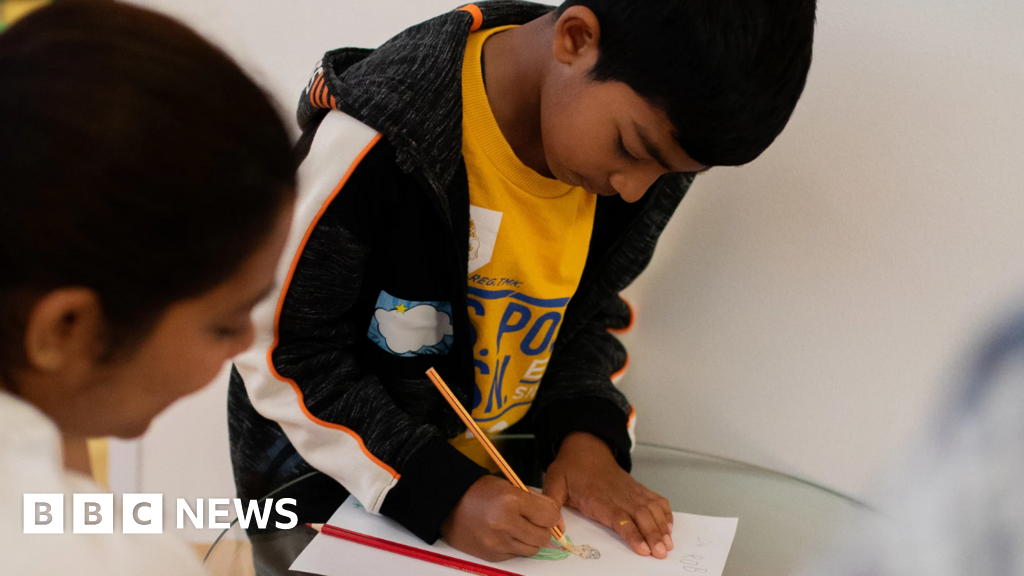Kennedy Jr.'s Vaccine Stance: A Blow to Public Health Trust?

The recent actions of Robert F. Kennedy Jr. have sent ripples of concern through the public health community. On June 9th, he dissolved the Advisory Committee on Immunization Practices (ACIP), a move that has sparked widespread debate and raised serious questions about the future of vaccine confidence in Australia. While I personally harbour reservations about Kennedy Jr.’s broader political views, this particular decision has far-reaching implications that deserve careful consideration.
For those unfamiliar, the ACIP is a vital advisory body to the Centers for Disease Control and Prevention (CDC) in the United States. It's comprised of leading medical and scientific experts who meticulously evaluate evidence and provide recommendations on vaccine usage and policy. Their guidance is instrumental in shaping public health strategies and ensuring the safety and efficacy of vaccination programs, not just in the US, but influencing global health practices as well.
Kennedy Jr.'s dismissal of all 17 members of the ACIP wasn't a surprise to many. He's been a vocal and consistent critic of vaccines for years, often promoting misinformation and conspiracy theories that undermine public trust in medical science. This move, however, feels particularly damaging because it dismantles a crucial mechanism for evidence-based decision-making. It sends a message that scientific consensus can be disregarded in favour of personal beliefs, a dangerous precedent for any public health system.
Let's be clear: skepticism and healthy questioning are essential components of scientific progress. However, Kennedy Jr.’s approach goes far beyond constructive criticism. It actively seeks to sow doubt and fear, often relying on cherry-picked data and discredited studies. The ACIP, by contrast, represents the rigorous application of the scientific method – a process that demands transparency, peer review, and a commitment to accuracy.
The consequences of eroding public trust in vaccines are profound. We’ve already witnessed the resurgence of preventable diseases like measles in recent years, fuelled by vaccine hesitancy. A weakened public health infrastructure, coupled with the spread of misinformation, creates a breeding ground for outbreaks and jeopardizes the health of vulnerable populations – particularly children and those with compromised immune systems.
My personal reservations about Kennedy Jr. are separate from my deep concern for public health. I want to trust that our health institutions are guided by science and integrity. I want to believe that decisions about vaccines are made in the best interests of the community, not driven by ideology or personal agendas. Kennedy Jr.’s actions, however, make that trust increasingly difficult to maintain.
The challenge now is to rebuild and reinforce the trust that has been damaged. This requires a multi-faceted approach, including: robust public health communication campaigns that address vaccine concerns with accurate information; increased investment in scientific research to further strengthen the evidence base; and a renewed commitment from leaders to prioritize public health over political expediency. The health and wellbeing of our communities depend on it. Australians, like everyone else, need access to reliable information and the reassurance that their healthcare decisions are based on sound science.






